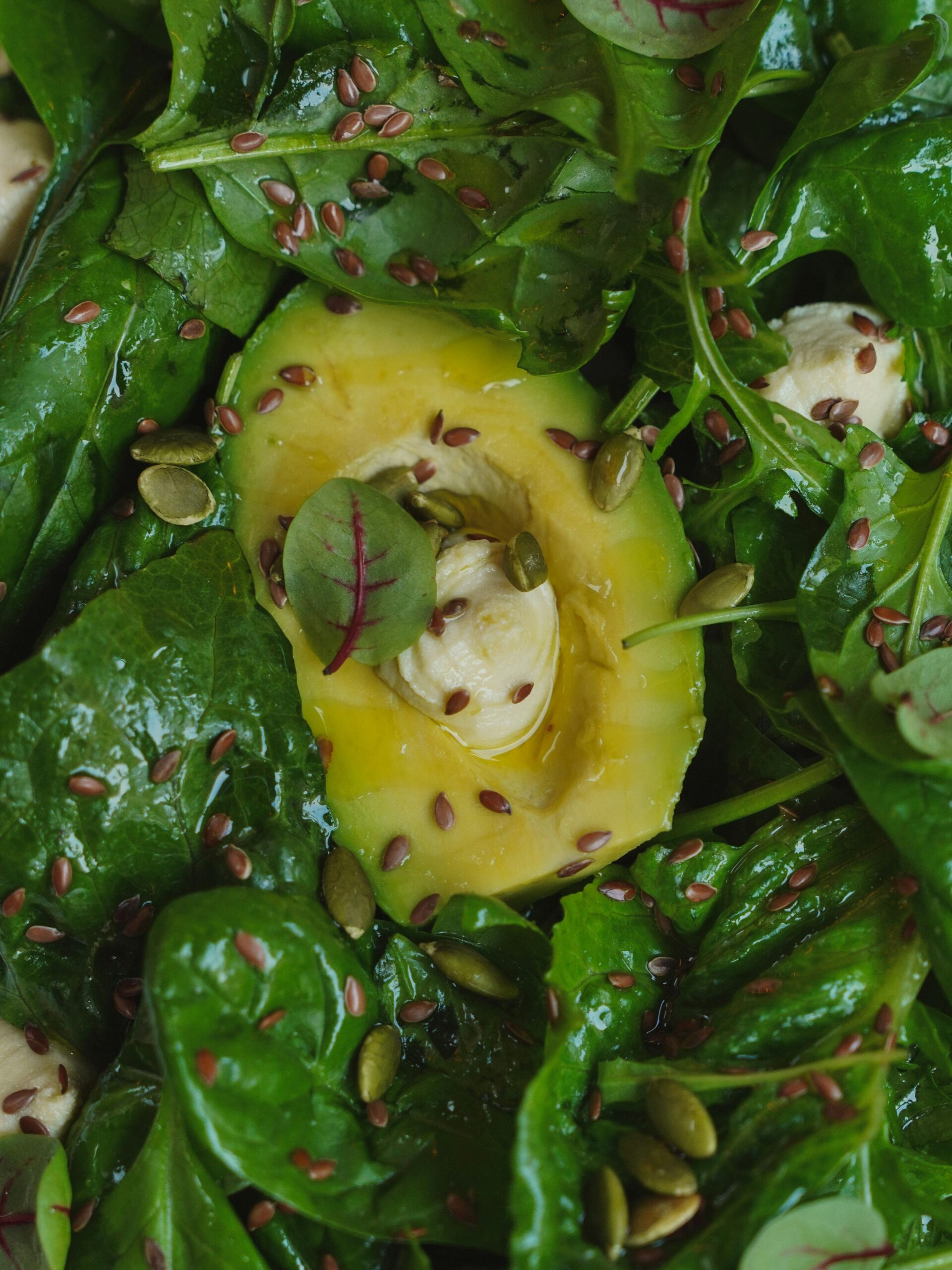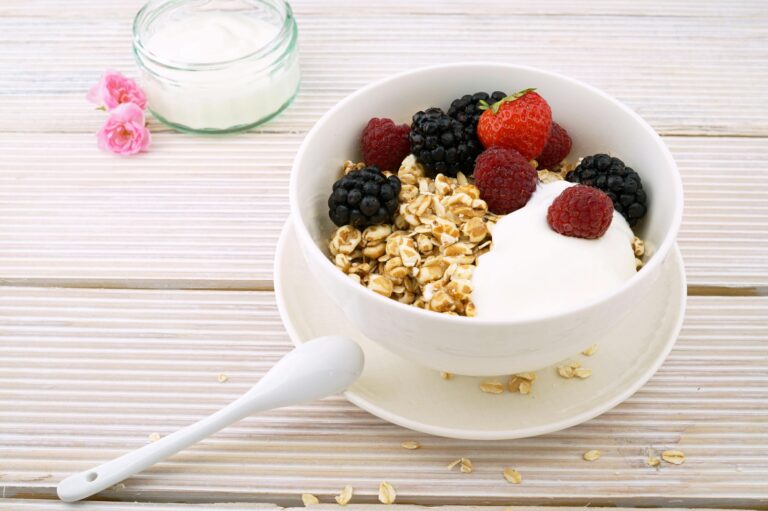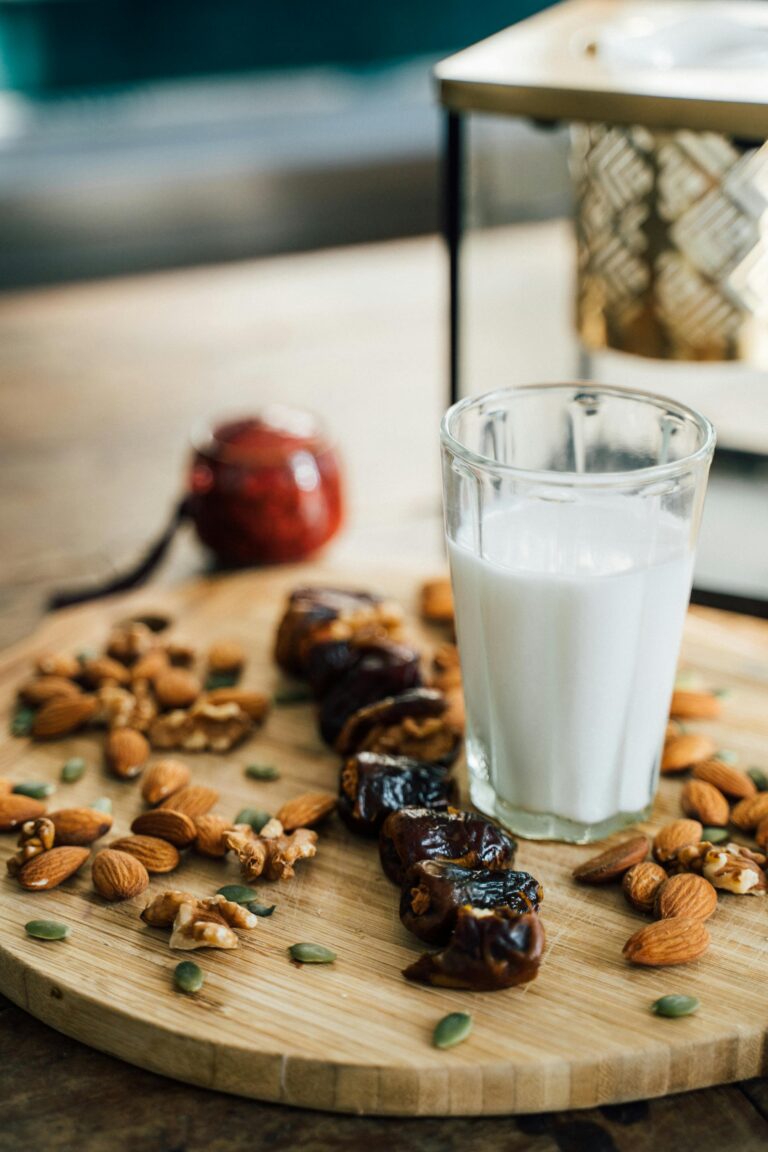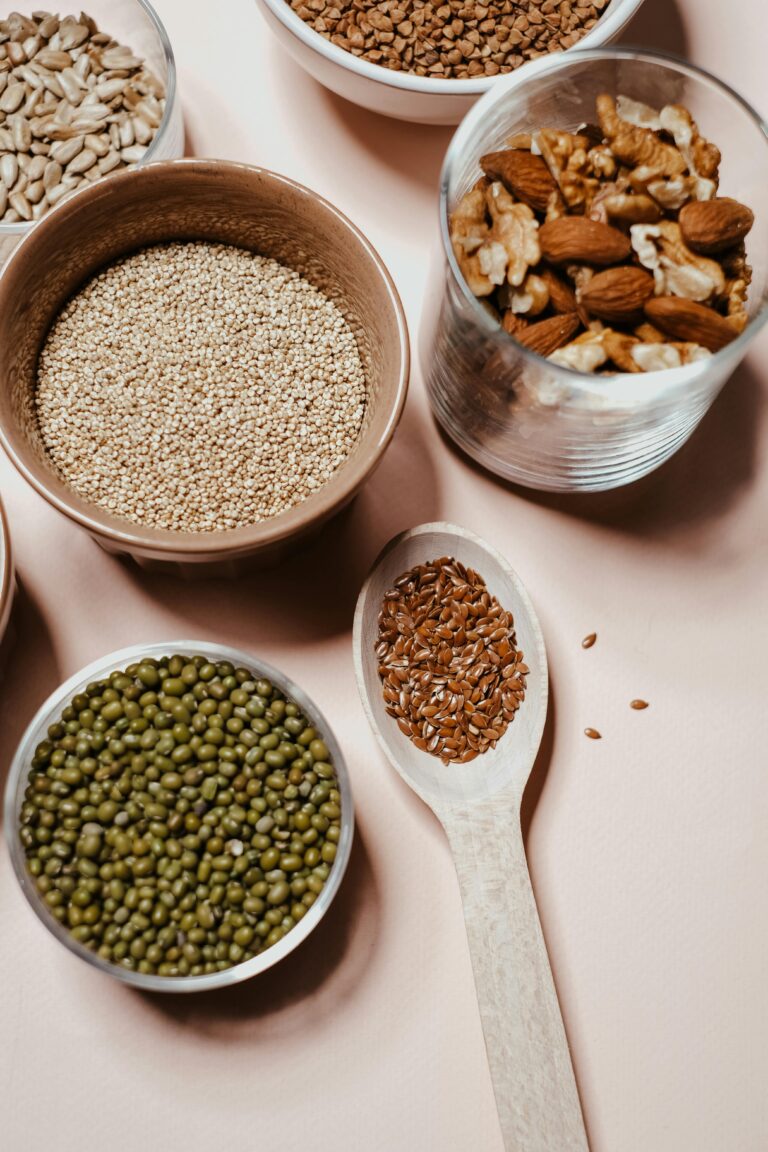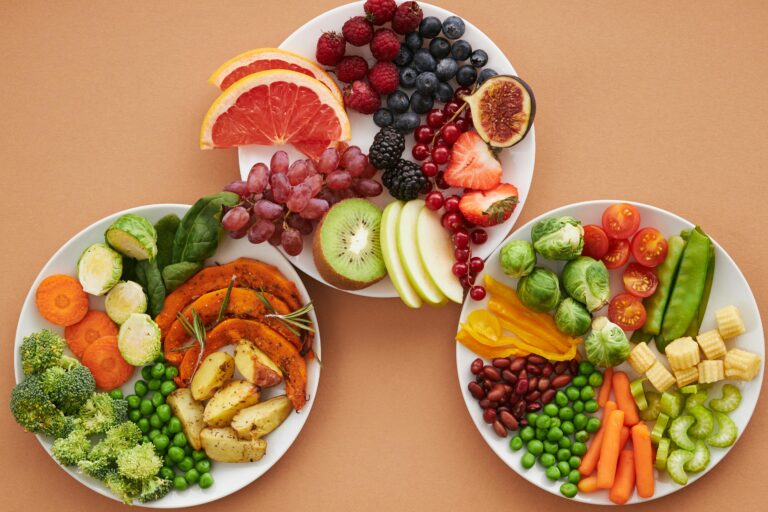Magnesium rich foods are essential for supporting muscle function, improving heart health, and boosting overall energy levels. In this article, you’ll discover the top magnesium-rich foods and how to easily include them in your diet.
Magnesium is one of the most important minerals in the human body, playing a vital role in over 300 biochemical reactions — from energy production to nerve function and muscle relaxation. Yet, research shows that many people don’t get enough magnesium from their diet, which can lead to fatigue, poor sleep, muscle cramps, and even heart problems.
According to the National Institutes of Health Office of Dietary Supplements, magnesium plays a critical role in muscle and nerve function, blood sugar control, and blood pressure regulation.
Many magnesium rich foods, such as leafy greens, nuts, and seeds, also provide fiber, healthy fats, and antioxidants for overall wellness. In this guide, you’ll discover the 13 best magnesium-rich foods that can help you meet your daily needs, improve overall health, and feel your best.
1. Spinach
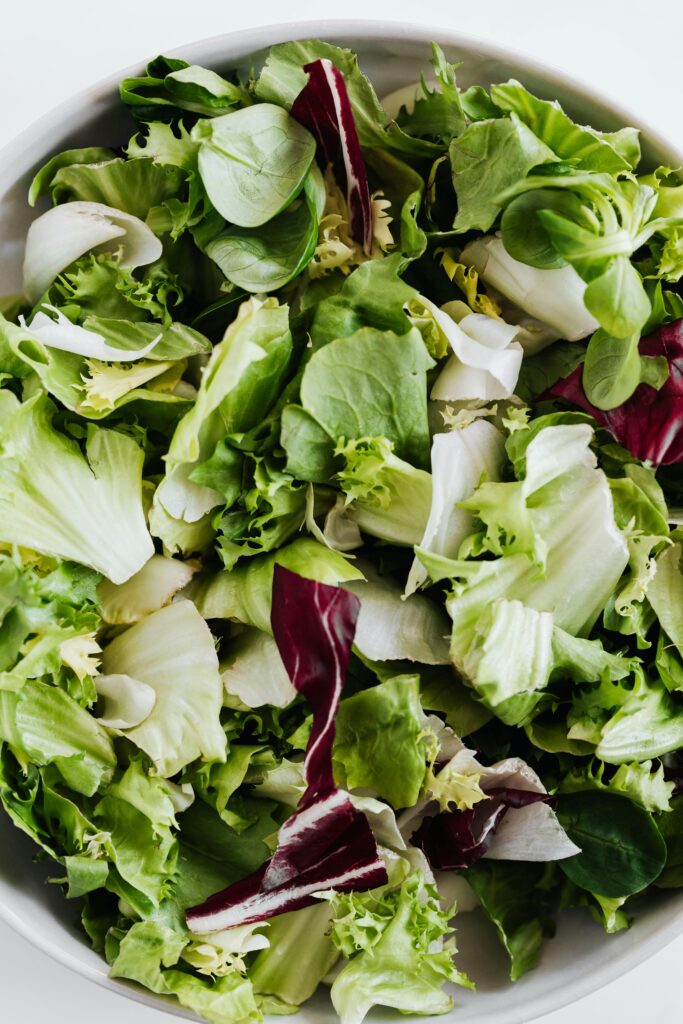
This leafy green tops the list of magnesium rich foods. Spinach is a leafy green powerhouse loaded with magnesium, iron, and vitamins A and C.
- Magnesium content: ~79 mg per 100g cooked spinach
- Health benefits: Supports muscle recovery, boosts immunity, and improves bone strength.
Tip: Add steamed spinach to smoothies, omelets, or salads.
For more green superfoods that boost your metabolism and overall health, check out our article on Metabolism Boosting Foods.
2. Pumpkin Seeds
Pumpkin seeds are tiny nutrient bombs, rich in magnesium, zinc, and healthy fats.
- Magnesium content: ~262 mg per 100g
- Health benefits: Supports heart health, reduces inflammation, and improves sleep quality.
Nuts and seeds are also a key part of our High Protein Vegetarian Diet Plan, which supports muscle health and energy.
3. Almonds
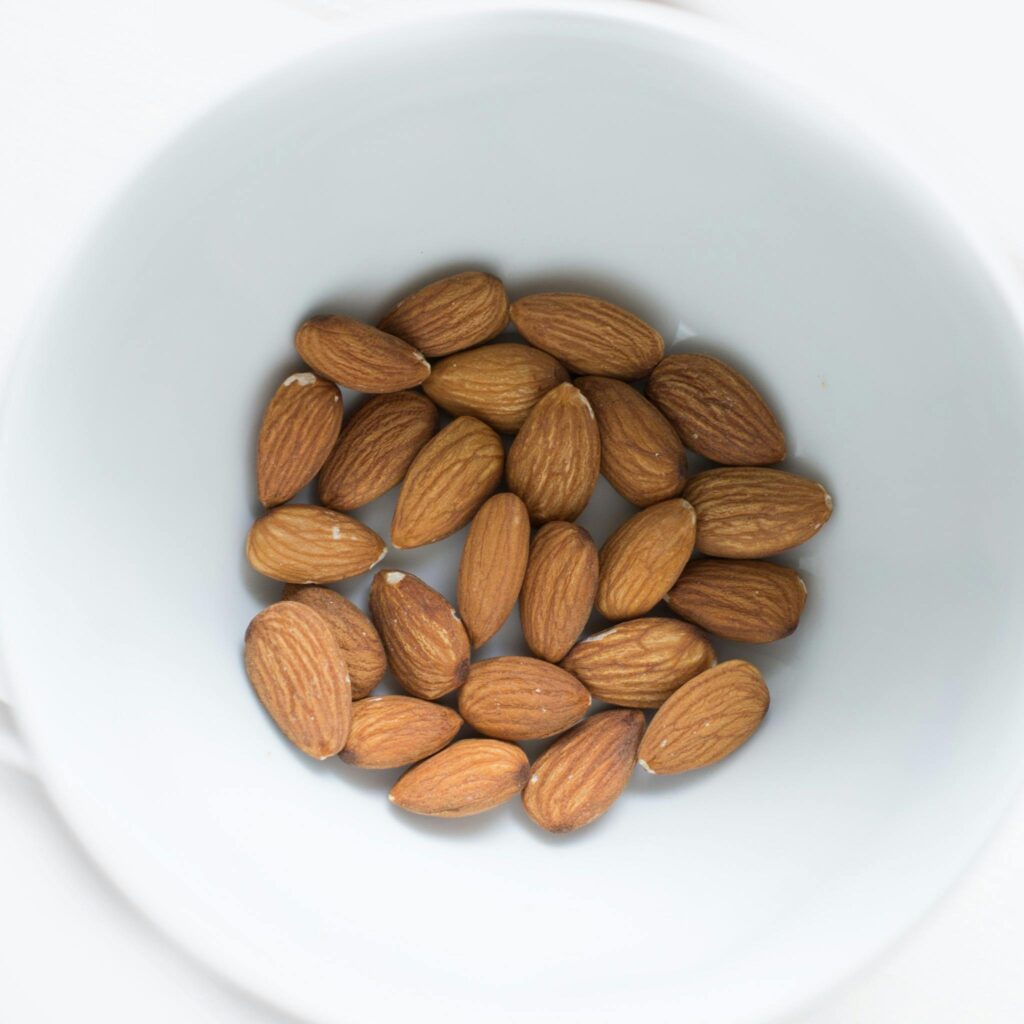
Among nuts, almonds are one of the most versatile magnesium rich foods for snacking or adding to recipes. Almonds are an easy, on-the-go magnesium source that also provides protein and healthy fats.
- Magnesium content: ~268 mg per 100g
- Health benefits: Helps manage blood sugar, supports weight management, and boosts brain function.
4. Dark Chocolate
High-quality dark chocolate (70% cocoa or more) is a delicious way to boost magnesium intake.
- Magnesium content: ~228 mg per 100g
- Health benefits: Rich in antioxidants, supports heart health, and improves mood.
Dark chocolate can also help improve mood and focus, as discussed in our post on How to Improve Brain Health Naturally.
5. Avocados
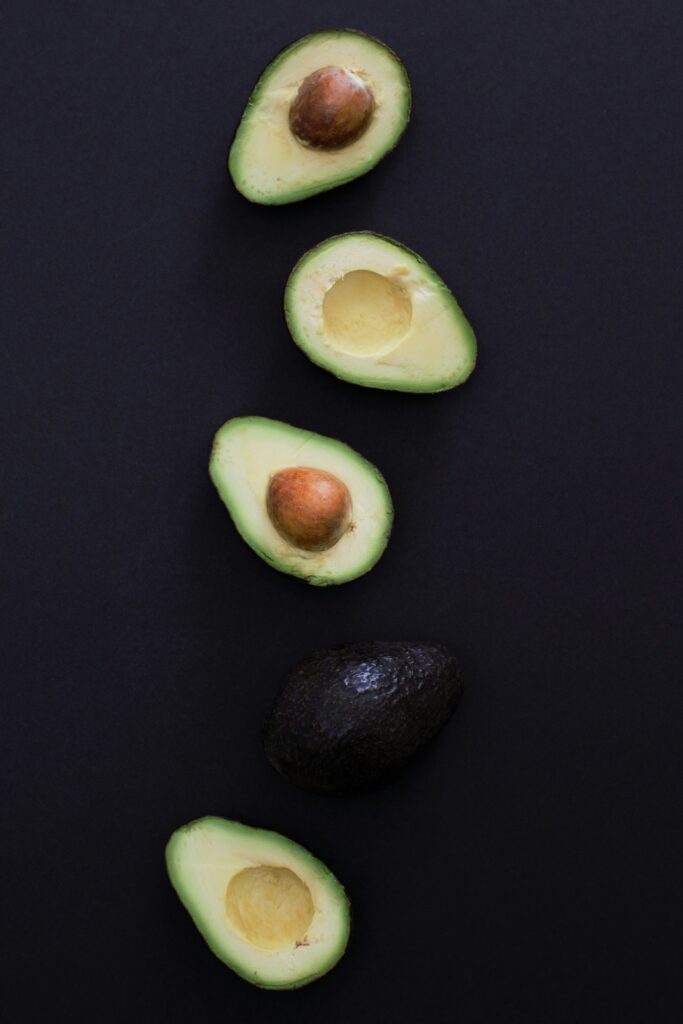
Avocados are creamy, nutrient-dense fruits that offer magnesium along with potassium and healthy fats.
- Magnesium content: ~29 mg per 100g
- Health benefits: Supports heart health, improves digestion, and enhances nutrient absorption.
6. Black Beans
Black beans are a plant-based protein source packed with magnesium and fiber.
- Magnesium content: ~70 mg per 100g cooked
- Health benefits: Improves gut health, balances blood sugar, and supports heart function.
7. Cashews
Cashews are creamy nuts with a good magnesium punch.
- Magnesium content: ~292 mg per 100g
- Health benefits: Boosts brain health, strengthens bones, and supports metabolism.
8. Bananas
Bananas are well-known for potassium, but they also provide magnesium.
- Magnesium content: ~27 mg per 100g
- Health benefits: Aids muscle recovery, reduces cramps, and improves digestion.
9. Tofu
Tofu is a great magnesium-rich option for vegetarians and vegans.
- Magnesium content: ~53 mg per 100g
- Health benefits: Supports muscle growth, bone health, and hormone balance.
10. Quinoa
Quinoa is a gluten-free whole grain loaded with magnesium, protein, and fiber.
- Magnesium content: ~64 mg per 100g cooked
- Health benefits: Aids weight management, supports muscle function, and improves digestion.
11. Chia Seeds
Chia seeds are tiny but powerful, loaded with magnesium, omega-3s, and antioxidants.
- Magnesium content: ~335 mg per 100g
- Health benefits: Improves gut health, boosts energy, and supports heart function.
12. Yogurt
Yogurt provides magnesium along with probiotics for a healthy gut.
- Magnesium content: ~19 mg per 100g
- Health benefits: Supports digestion, boosts immunity, and strengthens bones.
13. Edamame
These young soybeans are a tasty snack rich in magnesium and protein.
- Magnesium content: ~64 mg per 100g
- Health benefits: Improves muscle recovery, supports heart health, and boosts energy.
Daily Magnesium Needs
- Adult men: 400–420 mg/day
- Adult women: 310–320 mg/day
Including a variety of these foods in your diet can easily help you reach your daily magnesium goals naturally.
Meeting your magnesium needs is easier than you think when you include a variety of magnesium rich foods in your daily meals. Including a variety of magnesium rich foods in your weekly meal plan can help prevent deficiencies and keep your energy levels steady throughout the day.
Final Tips for Adding Magnesium Rich Foods to Your Diet
- Choose whole, unprocessed foods for the best magnesium absorption.
- Pair magnesium-rich foods with vitamin D-rich options (like salmon or fortified milk) for better nutrient utilization.
- If you suspect a deficiency, consult a healthcare provider before taking supplements.
Regularly eating magnesium rich foods can help reduce muscle cramps, support nerve function, and maintain steady blood sugar levels.
By adding more magnesium rich foods to your diet, you can naturally boost your energy, support heart health, and improve overall wellness.
